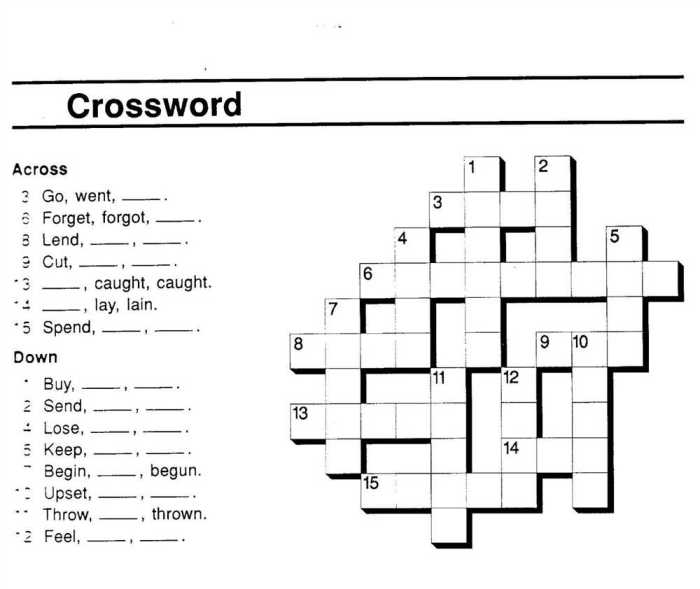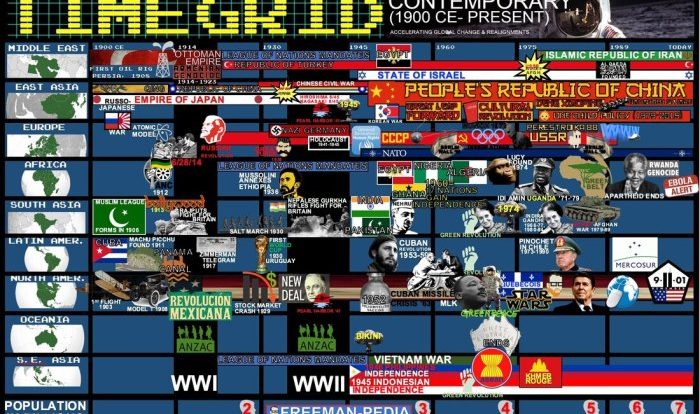Embark on an enlightening journey with the Age of Imperialism Crossword Puzzle Answer Key, where the intricacies of this transformative era are laid bare. This comprehensive guide unravels the complex tapestry of imperialism, guiding you through its historical context, key events, and lasting impact.
Delve into the motivations and strategies of European powers as they sought to expand their empires. Explore the profound effects of imperialism on colonized territories, examining both its oppressive and transformative aspects. Engage with the resistance movements and nationalist struggles that emerged in response to foreign domination.
Historical Context of Imperialism

Imperialism, a system of domination in which one country establishes and maintains political and economic control over other territories, emerged in the late 19th century. The major European powers involved in imperialism were Britain, France, Germany, Italy, and Russia. Motivations behind imperialism included economic gain, the desire for raw materials and new markets, the search for new lands for settlement, and the pursuit of national prestige and power.
Age of Imperialism Timeline

-*1881-1885
Berlin Conference, where European powers partitioned Africa.
-*1898
Spanish-American War, resulting in the US acquisition of Puerto Rico, Guam, and the Philippines.
-*1900-1902
Boer War, where Britain defeated the Dutch-speaking Boer republics in South Africa.
-*1914-1918
World War I, which led to the collapse of several European empires and the rise of new imperial powers, such as the United States and Japan.
Impact of Imperialism on Colonized Territories

Imperialism had a profound impact on colonized territories, both positive and negative.
-*Positive effects
- Introduction of modern infrastructure, such as railroads and telegraphs.
- Improved healthcare and education.
- Access to new technologies and ideas.
-*Negative effects
- Political oppression and exploitation.
- Economic dependency and underdevelopment.
- Social and cultural disruption.
In response to imperialism, resistance movements and nationalist movements emerged in many colonized territories.
Legacy of Imperialism
The legacy of imperialism is complex and multifaceted.
-*Positive aspects
- Spread of Western ideas and values.
- Increased global trade and economic interdependence.
- Creation of new nations and political systems.
-*Negative aspects
- Ongoing economic and political inequalities between former colonizers and colonized territories.
- Cultural homogenization and loss of indigenous traditions.
- Racial and ethnic tensions.
The debates and controversies surrounding imperialism continue to shape global politics and economics.
FAQ Summary: The Age Of Imperialism Crossword Puzzle Answer Key
What is imperialism?
Imperialism is a policy of extending a country’s power and influence through diplomacy or military force.
What were the major European powers involved in imperialism?
The major European powers involved in imperialism were Britain, France, Germany, Italy, and Russia.
What were the motivations behind imperialism?
The motivations behind imperialism included economic, political, and cultural factors, such as the desire for new markets, resources, and territory.

